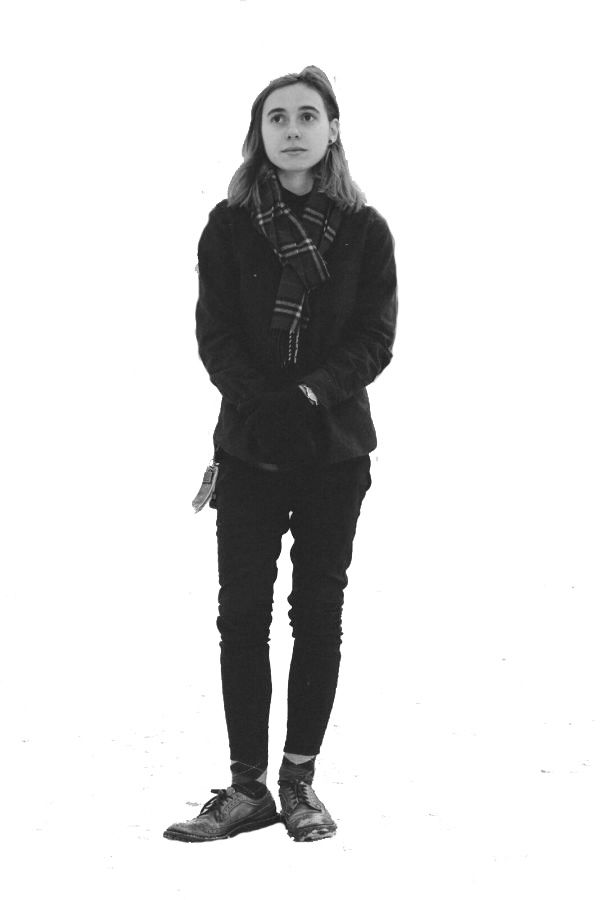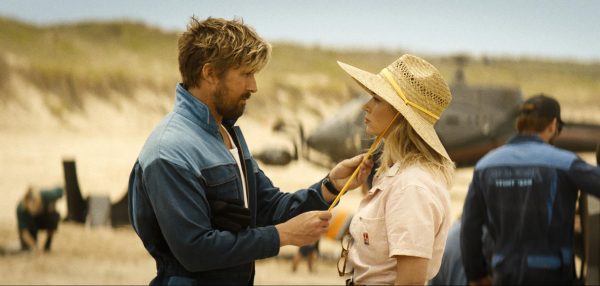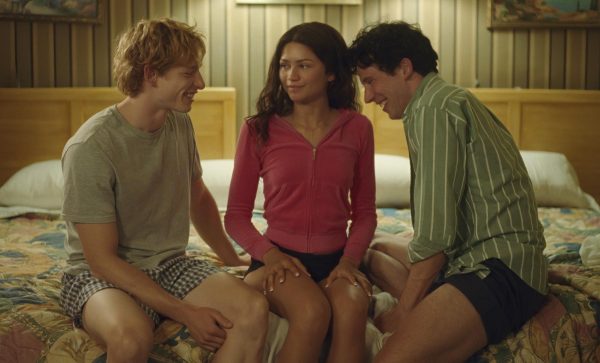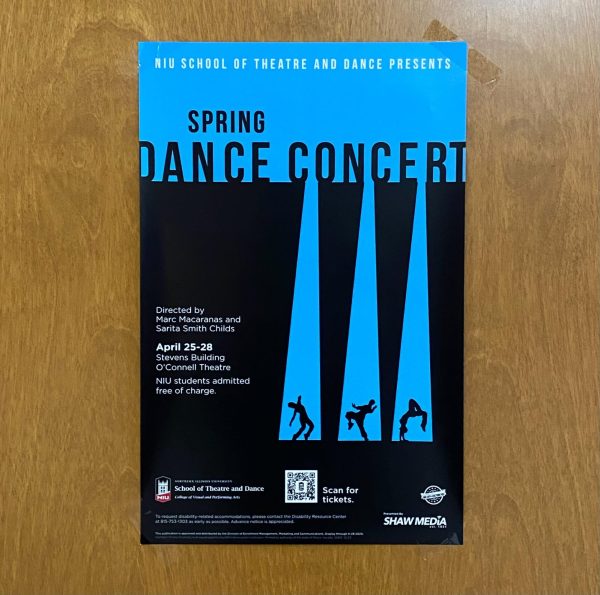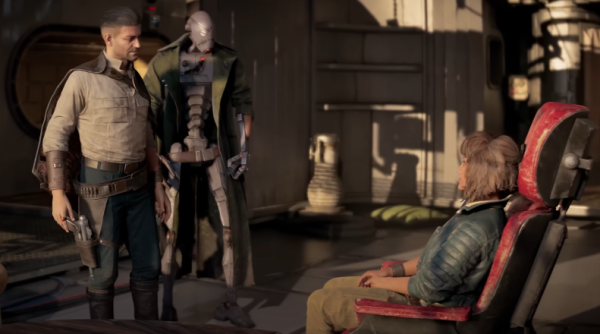Julien Baker sings raw emotion
November 2, 2017
At just twenty-two years old, Memphis singer-songwriter Julien Baker has released her sophomore album “Turn Out The Lights,” an effort which shows incredible skill and emotional maturity well beyond her age.
Baker has crafted the perfect album to follow up the heartbreaking “Sprained Ankle,” her debut, released Oct. 23, 2015. She follows the raw honesty of her debut in a way few artists can with an honest effort about her hurts and hang-ups, which offers hope to the listeners who connected with her first album.
“Turn Out The Lights” shows how joy and heartbreak, pain and healing and faith and questioning are not mutually exclusive, but are dance partners in our beautiful and chaotic world.
“Turn Out The Lights” opens with a first look at how Baker is building on her unique blend of simple musical arrangements — a softly plucked Fender Telecaster, a piano played with a light touch and her hidden soft, scratchy voice, barely rising above the music. It’s as though Baker is scared to make too much noise.
On parts of “Turn Out The Lights,” these simple arrangements are accompanied with strings, and multiple tracks of vocals are layered over each other. This is the case on the first track, “Over,” which is an extended introduction to lead single “Appointments”, first released Aug. 17.
“Appointments” builds from this simple foundation and hints at Baker’s raw talent as she builds towards the end of the song, her voice rising above the music as she sings out, “And when I tell you that it is, it’s not for my benefit, maybe it’s all gonna turn out alright, I know that it’s not, but I have to believe that it is.”
Title track “Turn Out The Lights” offers the first flash of the power Baker has. The simple guitar work is layered with increasing vocal tracks. “Turn Out The Lights” addresses depression and suicide in frank terms as Baker sings, “And I’d never do it, but it’s not a joke. I can’t tell the difference when I’m all alone. Is it real or a dream, which is worse?”
It is haunting and beautiful as she moves from her gentle picking to playing chords, and her voice towers up as she cries out, “But when I turn out the lights, there’s no one left between myself and me.”
Baker addresses these struggles honestly, sharing her deepest self with listeners. However, she isn’t hopeless and doesn’t want her audience to feel that way either.
Track four, “Shadowboxing” talks about the struggle of mental health issues being misunderstood. “When you watch me throwing punches at the devil, it just looks like I’m fighting me,” Baker sings desperately, her voice and the music rising and falling, strings and layered vocals growing as she implores passionately, “But you can’t even imagine how badly it hurts. Just to think sometimes. How I think almost all the time.”
The fifth track, “Sour Breath” starts slow, with a familiar and safe sounding rhythm picked out on the guitar. Baker’s voice comes through crisp and clear as she sings about the struggle of being dependant on other imperfect people who are dealing with their own issues.
“But I shouldn’t have built a house in the middle of your chest. Plywood boards joined at your breast. Splinter in my arm where you rest your head.”
This is followed by a repeated hook, sung over and building uproariously to a moment where the music cuts and Baker cries out “The harder I swim, the faster I sink.”
“Televangelist,” the sixth track, and “Everything That Helps You Sleep.” the seventh track rely heavily on Baker’s soft piano, and discuss conflicting parts of her identity such as her faith, her sexuality, her addiction and her mental health. The effect is chilling as Baker uses a more simple song structure loaded with repetition.
Baker confronts an issue many artists face, where does a songwriter go after an album as honestly raw and brutally sad as “Sprained Ankle” was – and answers it with the final track, “Claws In Your Back” which contrasts heavily with the final track of her first album. On “Sprained Ankle” she had given up, she just wanted to die on the side of the road, but couldn’t bring herself to go through with it, as she sings on “Go Home,” the final track, “There’s more whiskey than blood in my veins. More tar than air in my lungs. The strung out call I make, burned down on the edge of the highway, ‘I’m sorry for asking, but please, come take me home.’”
On “Claws In Your Back,” however, she realizes she has a voice, and wants to learn how to use it. “I’m better off learning how to live with the demons that I’ve mistaken for saints,” Baker sings. “If you keep it between us, I think they’re the same. I think I can love the sickness you made, Cause I take it all back, I change my mind. I wanted to stay, I want to stay.” Baker doesn’t just want people to cry with her, she wants her music to matter and to help people. She is still writing the songs that she needs for herself, but “Claws In Your Back” shows that she has realized her power, and realized that the songs she writes can help other people too.
“Turn Out The Lights” can be all things to all listeners, and it’s an album that listeners can keep coming back to throughout their lives, making it the perfect album. It’s an album to cry to, to inspire hope, to deeply confront issues of addiction, mental health, spirituality and relationships and to find oneself through, wherever one happens to be. It’s honest and raw, and builds on what Baker started with, showing growth in every way.



